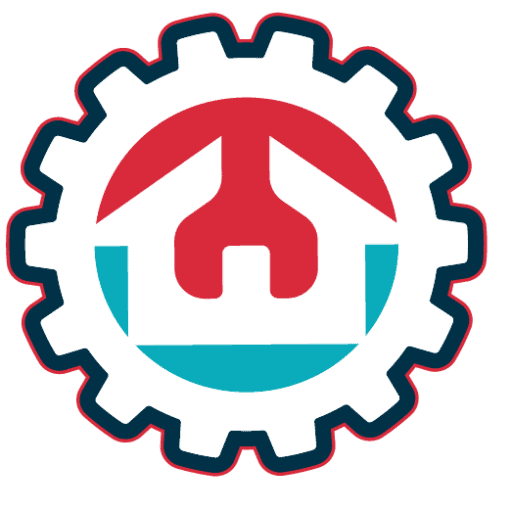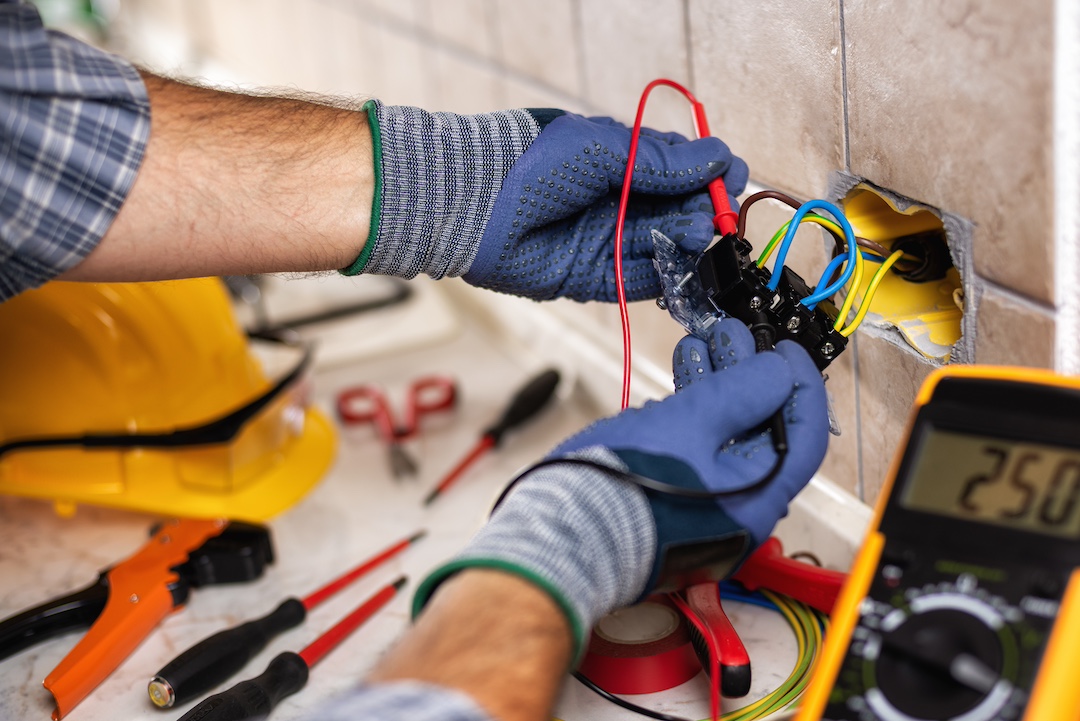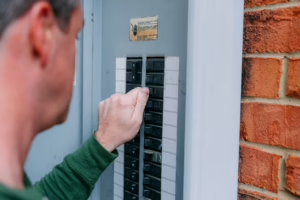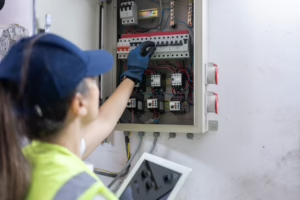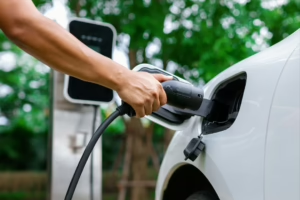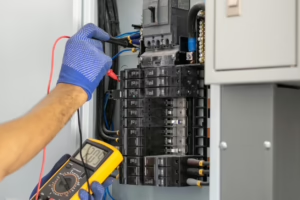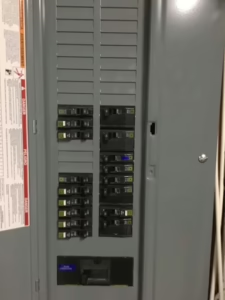There is often a fine line between what tasks you can tackle yourself and when it’s time to call in the professionals as a Suffolk County homeowner.Electrical repairs are no exception.
While DIY projects can be satisfying and cost-effective, there are certain scenarios where attempting to fix electrical issues yourself can pose serious risks to your safety and property.
Knowing when to grab your toolbox and when to call a professional licensed electrician from HomeOps can make all the difference in maintaining a safe and functional home.
When to Call a licensed Electrician for Residential Electrical Repairs
Some of the primary considerations when deciding whether to perform an electrical home repair yourself or call an electrician for repairs are the complexity of the task at hand and whether it is required for insurance or warranty reasons.
Major Electrical Consequences
Another crucial factor to consider is the potential consequences of DIY mistakes. While attempting to save money by tackling electrical repairs yourself might seem appealing, the cost of errors can far outweigh any initial savings.
Incorrectly installed wiring or overlooked safety precautions can lead to electrical fires, property damage, or even personal injury.
Complex Electrical Projects
For more intricate jobs such as rewiring circuits, upgrading your electrical panel, installing new outlets, or troubleshooting faulty wiring, the expertise of a trained electrician is invaluable.
These tasks require specialized knowledge and equipment to be completed safely and effectively, reducing the risk of electrical hazards like shocks, fires, or damage to appliances.
For Insurance or Warranty Purposes
Electrical work conducted by a homeowner or unlicensed individual can also affect home insurance coverage or home warranty policies. Many insurance policies and appliance warranties have clauses that exclude coverage for damages caused by unlicensed electrical work.
This means that if a fire or other damage occurs due to DIY electrical repairs, you may be left to pay the bill for repairs or replacements out of pocket.
By hiring a professional HomeOps electrician, you not only ensure the safety and integrity of your Islip home’s electrical system but also maintain the validity of your insurance coverage in the event of an unforeseen incident.
DIY Electrical Projects
When it comes to do-it-yourself electrical projects, there are a few scenarios where it’s generally safe for homeowners to roll up their sleeves and tackle the task themselves.
Simple fixes, such as changing a lightbulb or replacing a switch or outlet cover, are well within the capabilities of most individuals and typically don’t require specialized knowledge or equipment.
Other commonly attempted DIY electrical home repairs and upgrades often include:
- Upgrading outlets to ones that have modern conveniences, such as USB ports.
- Swapping out traditional light switches to ones with dimmable or motion sensor capabilities.
- Replacing light fixtures with new pieces that match the home decor or room lighting needs.
- Upgrading or replacing ceiling fans throughout the home.
⚠️ Before Attempting any Home DIY Electrical Projects
Home electrical fires nationwide account for nearly 400 deaths and 1,400 injuries annually. It is essential to exercise caution and only perform DIY electrical tasks you are entirely comfortable completing.
-
- Always turn off the power supply at the breaker before beginning any electrical work, even for seemingly simple tasks, to avoid the risk of electric shock or injury.
- Even with the power supply completely shut off at the breaker, it is possible for faulty wiring or poor installation practices to cause electricity to still reach the wires you plan to work on.
- Before touching them, you should always test every wire with the appropriate voltage tester or multimeter.
If a wire tests “hot,” meaning electricity is flowing through it, when the power is off, then cease your DIY project and contact a licensed electrician. This is a sign of a deeper wiring issue that will require more extensive knowledge and equipment in order to complete the desired home electrical project.
While the Electrical Safety Foundation (ESFI) recommends hiring a licensed electrician to complete any electrical home project, there are additional electrical safety tips they recommend should you decide to complete an electrical project yourself:
- Learn about your home’s electrical system, like where your electrical panel is, which breaker controls which parts of your home, and where the emergency whole-home shut-off is located.
- Always unplug, shut off power at the circuit breaker, and test wires before beginning your project.
- Never touch a gas pipe or any plumbing pipes while working on an electrical project, as they could be conductive.
When in Doubt, Call a Licensed Electrician
If you’re unsure about how to proceed or if the task at hand involves anything beyond simple DIY, it’s best to use caution and enlist the help of a qualified electrician in your area.
Our expertise and experience will not only save you time and hassle but also provide you with peace of mind, knowing the job has been done safely and according to any new or modified building codes.
Why Choose HomeOps for Your Home Electrical Projects In Suffolk County NY
HomeOps is your top choice when entrusting your home’s electrical work to a professional. With years of experience serving Suffolk County and surrounding areas, our team of licensed electricians is committed to providing reliable, high-quality service tailored to meet your specific needs.
